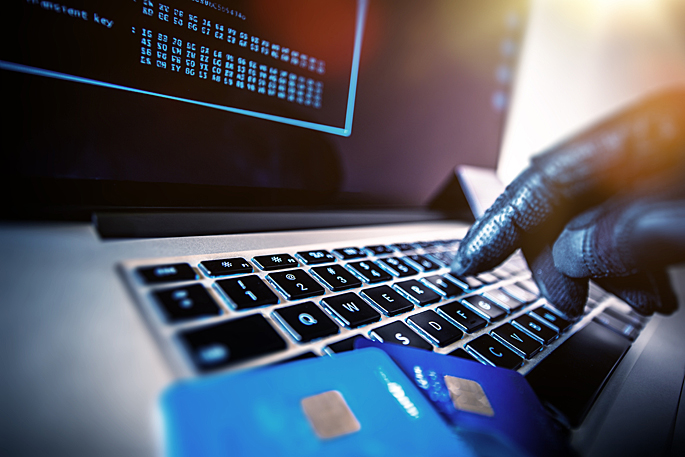It's easy to think that we're safe online but every year thousands of New Zealanders report cyber incidents to Computer Emergency Response Team NZ, the government agency dedicated to improving cyber security in New Zealand.
The incidents include the likes of online scams, phishing, and unauthorised access of online accounts. They affect New Zealanders across the board, at work and at home, and the impacts can be significant including loss of finances and personal information.
Since CERT NZ launched in 2017, more than 7,000 New Zealanders have reported incidents to CERT NZ, with a combined financial loss of over $26 million.
'Many of us think we won't be affected by a cyber security incident, but unfortunately our data shows otherwise,” says CERT NZ Director Rob Pope.
'The upside is that there are simple steps every day New Zealanders can take to boost their online security and that's the message we're wanting to get across this Cyber Smart Week”.
Cyber Smart Week, October 14 to 18, is CERT NZ's national awareness campaign focussed on helping New Zealanders take simple steps to build their online resilience.
This Cyber Smart Week the agency encourages New Zealanders to:
Use a password manager
It's really important that your passwords are different and strong, but it can be hard to remember them all. The easiest way to remember them and keep them secure is to use a password manager. It's like an online safe that stores and manages your passwords for you. You'll only have to remember the one master password for your password manager, and it'll do the rest.
Turn on two-factor authentication
Turning on two-factor authentication (2FA) to your login process is an effective way of adding an extra layer of security to your accounts. It's a simple extra step after you log in, such as entering a code from an app. You can enable 2FA on most of your online accounts, and on your devices. You'll usually find the option to turn it on in the privacy settings.
Update software and apps on your devices
When you're alerted to a new software version for your device, don't ignore it — install it as soon as possible. Updates add new features and fix issues or vulnerabilities that attackers could use to gain access to your information. Set the updates to happen automatically whenever a new version is available — then you don't have to think about it.
Change privacy settings
It's important to know what you're sharing and who you're sharing it with. Attackers could use your information to try and access your data or steal your identity. Check that requests for personal information are legitimate before you give any details. If a company or business asks you for information, think about why they might need it. If you're not sure it's necessary, don't provide it.



0 comments
Leave a Comment
You must be logged in to make a comment.